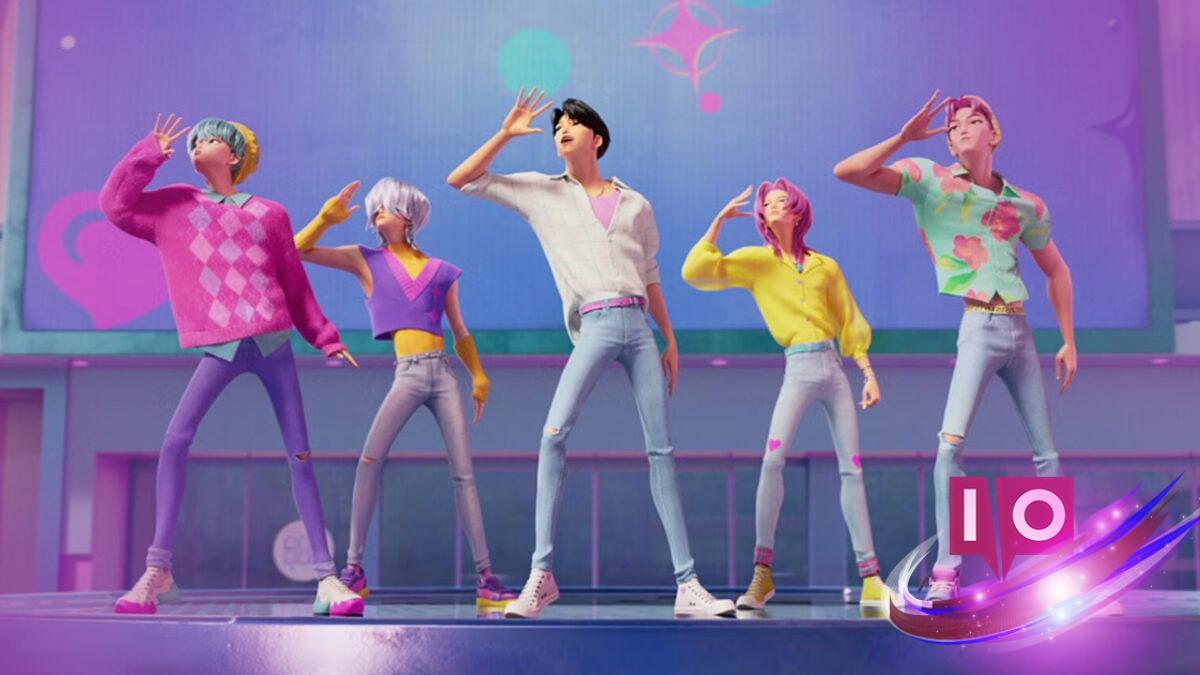Netflix’s popular series KPop Demon Hunters has captivated audiences not just for its gripping storyline, but also for its standout soundtrack. Recently, however, one of its tracks, “Soda Pop,” found itself at the center of a controversy involving AI and its creative role in music production.
At a recent event in Seoul for the launch of OpenAI’s new Korean office, songwriter Vince made headlines by suggesting that he utilized ChatGPT to assist him in creating “Soda Pop,” which is performed in the film by the energetic Saja Boys. As reported, he is recognized as one of the multiple co-writers on this track, as highlighted in a Netflix blog post.
Initially, there was a now-deleted tweet that seemed to celebrate this collaboration between Vince and AI, claiming that ChatGPT contributed ideas to make the track sound “more bubbly.” This stirred quite a conversation regarding the implications of AI in the creative industry.
However, when digging a bit deeper, it became clear that the English coverage in Joongang Daily may have misrepresented Vince’s actual claim. The original Korean article does not explicitly mention ChatGPT’s involvement in the song’s creation. Instead, a translation reveals that Vince simply stated, “I sometimes use ChatGPT to get some inspiration while producing K-Pop,” discussing broader AI applications in the industry.
This controversy is not entirely new for KPop Demon Hunters. The series has faced criticism regarding its characters being created with AI tools, leading the film’s singers, including Rei Ami from the girl group Huntr/x, to emphasize that she and her co-singers, Ejae and Audrey Nuna, are indeed real performers.
As this narrative unfolds, it raises important questions about the role of technology in artistic expression. It’s fundamentally important to understand the balance between innovation and originality in music.
What are the implications of using AI in songwriting? While AI can be a useful tool for generating ideas and enhancing creativity, the essence of songwriting often comes from human experience and emotion, something AI has yet to replicate authentically.
Will this controversy affect how fans perceive the soundtrack of KPop Demon Hunters? Some fans may embrace the fusion of technology and creativity, while others might find it concerning that AI could overshadow traditional songwriting.
Concerns over authenticity in music production have been a hot topic. The use of AI tools should ideally complement artists, rather than replace the creative process that makes music so powerful and relatable.
How does Vince’s statement reflect on the current state of the K-pop industry? His comments illustrate the ongoing integration of AI in various facets of entertainment, which can lead to exciting innovations but also necessitates a careful examination of creative integrity.
If you’re curious about the latest controversies in the entertainment industry, stay tuned for updates on this evolving situation. Additional updates from us will dive into the future of music production, fan reactions, and the broader societal implications.
Looking to explore more about entertainment, tech, and how they intersect? Check out what’s happening in the world of Marvel, Star Wars, and beyond. For more insights and engaging articles, be sure to visit Moyens I/O.
